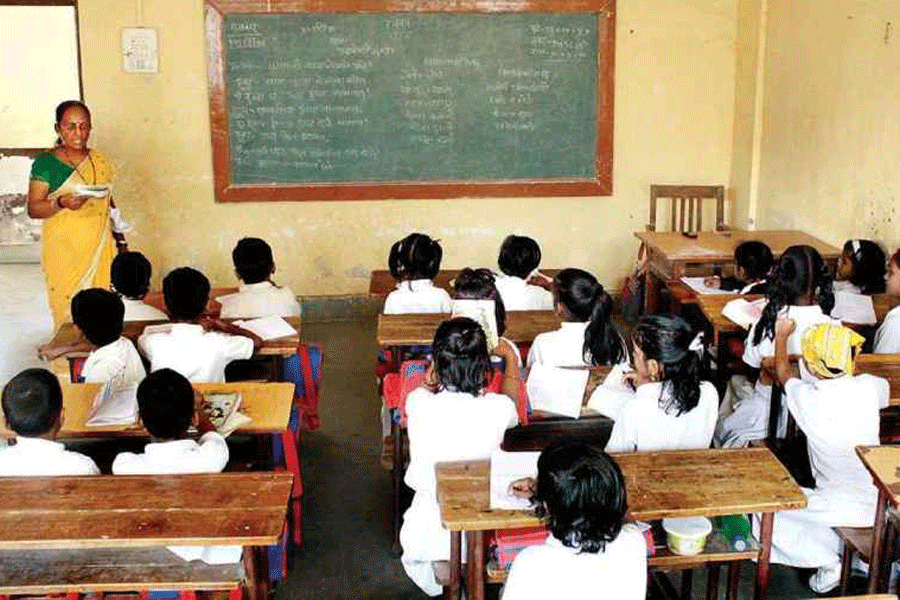Dear Education Minister,
At this moment of democratic rupture, educational reform is as important as an election booth. Despite the emergence of numerous education policies in the post-Independence period, India is yet to generate an indigenous system of education that is propelled by rationality, scientific temper and empathy.
As a practice, education has to set its epistemic and moral worth. Broadly, the goals of education can be quality, equity and efficiency in learning outcomes. The Platonic principle of ‘good life’ coupled with ‘justice’ could be the mission target. Educational quality represents the maturing of intent to gain from human capital and knowledge-based skill enhancement. However, quality is meaningless without equity. Inequalities are intersectional that impact the lived experiences of teachers and students and circumscribe the life choices they make.
Ushering a true revolution in education is a political commitment of not only the ruling class but also the teachers. I will focus on two important components of such a transformative propulsion: classrooms and curriculum development. Classrooms are fraught with radical possibilities of constructive engagement. As a shared space of (un)learning, classrooms can emerge as persuasive laboratories that push for curiosity, informed imagination, and experimental inquiry, facilitating students’ independent judgement. As a collaborative exercise to democratise education practices, teaching-learning environments have to include a humanist approach to deconstruct the power dynamic between student and teacher. A level playing field in terms of educational opportunities and competition, coupled with affirmative action, can enhance classroom accountability.
Closely related to responsive classrooms is choosing pedagogical praxis to make classrooms inclusive. Evolving a pedagogical strategy that touches upon students’ lives could go a long way in contributing to a better society. Unless the classroom reflects the Socratic spirit of teaching with the Popperian inculcation of an ‘open society’, it could turn into a breeding ground of academic unfreedoms that cancel truth-learning.
The scope of educating the imagination comes with curriculum development. The ruling class has a conspicuous say in steering the direction of curriculum production. With the ascendancy of the Hindu Right, the project of saffronisation of education has received a fillip. Selective rejection of texts in literature or history has been a popular means of propagating the nationalist agenda. Sometimes, transgression becomes the only breathing ground to probe monolithic ideas. Therefore, to integrate critical thinking, educational reform has to assimilate the willingness to be rationally critiqued and learning must inculcate the ability to question from different vantage points.
One way of achieving this would be to encourage a multidisciplinary approach. For example, any introductory session on work and labour as an economic concept can also speak of sexual division of labour; a chapter on political parties can discuss the history of representation in legislative bodies in colonial and post-colonial periods with a focus on women’s representation and gender-differentiated needs; a lesson on alternative theories of science can entail a response to how biological bodies are constructs that reinforce traditional norms; a reading of the Constitution in school will be a defence of constitutional morality in the classroom; discussion on the Constituent Assembly debates on untouchability or secularism could be the talisman to engage with curricular practices to respect cultural pluralism in the classroom. I could go on.
Classrooms have to be exciting and fearless. Teaching-learning processes cannot lapse into assembly-line activity. Hand-holding between government and teacher-students could transform education into the practice of freedom.
Sincerely,
A teacher
Anita Tagore is Associate Professor at Kalindi College, University of Delhi










